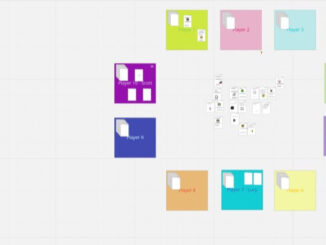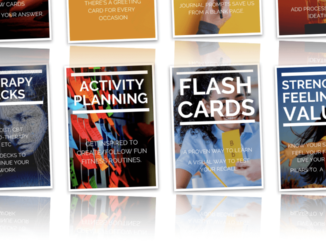
MyCelium Playtest – June 8th
MyCelium started with a simple idea – prompted by a report on some research which shows that fungi can communicate using up to 50 ‘words’. […]

MyCelium started with a simple idea – prompted by a report on some research which shows that fungi can communicate using up to 50 ‘words’. […]

Join me in conversation with Paul Darvasi PhD, about his innovative SEL curriculum, The Museum of Me, and The Ward Game, an immersive experience of a novel. […]

Are ‘magic circles’ only found in games and play, or is that entering magic circle, means the activity you are taking part in is, in some way, playful? […]

This is design itself as a form of play, and there is just one simple rule that you need to follow to make ‘speculative’ design like this work to a brief. […]

The WC tells us that excrement is waste, for which the solution is disposal. The way many adults view Play shares characteristics of the water closet mindset. […]

Yomi is a Japanese term meaning “Knowing the mind of the opponent”. It uses knowledge of the game and the opponent’s options to discern their most likely move. […]

The ‘all work, no play’ approach means that we miss out on the many ways in which play could bring benefits to us in business. […]

The idea is to give a challenge that will be interesting, but not too time-consuming, to get creative juices flowing, and make games design a regular practice. […]

The Gift Horse invites you to tune into the animal which has attached itself to you – and find out more about it and yourself. […]

Games are a ‘safe space to fail’. We often hear this in Games-based Learning circles. On 19th April, I definitely found myself hoping this was true. […]

100 Decks in your Pocket is just what this app gives you. If you use decks for facilitation, ideation, or anything else, you’ll want this on your phone […]

The varied options for character creation and development give us limitless opportunities for facilitating learning which puts us in other people’s shoes. […]

The potential for using these games is immense. We can create games for our learners to play, but we can also invite them to create their own. […]

The term ‘Flow’ is often used in reference to games, as well as in learning settings. It’s an important concept within both contexts of games-based learning. […]

When I play games, there is a total shift in consciousness for me. This is about far more than the ‘fun’ that we all experience when playing a game we enjoy. […]
Ludogogy 2025